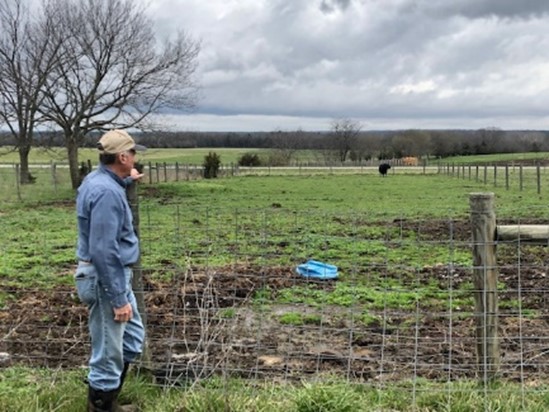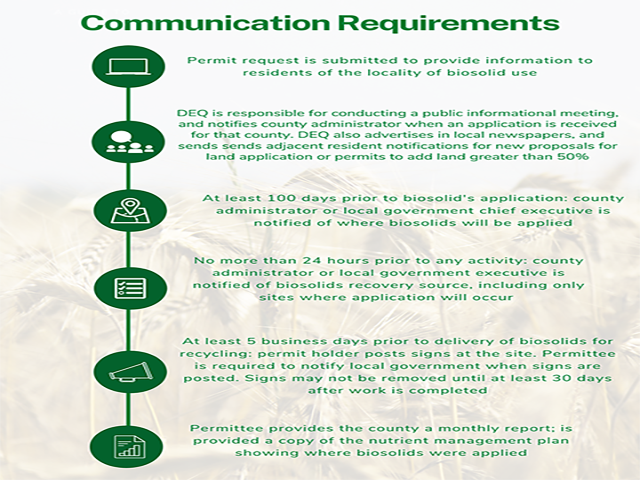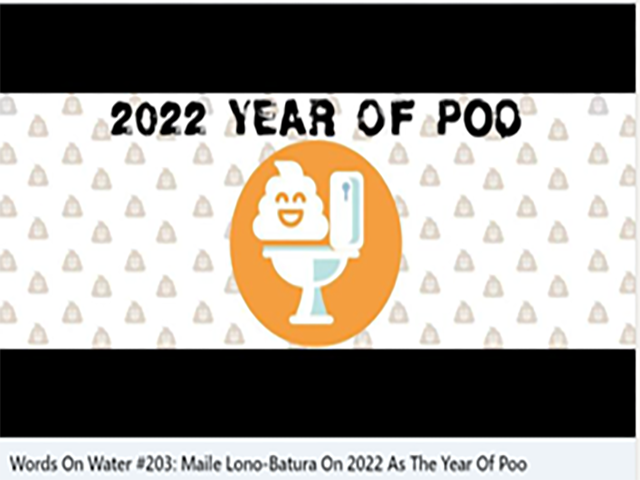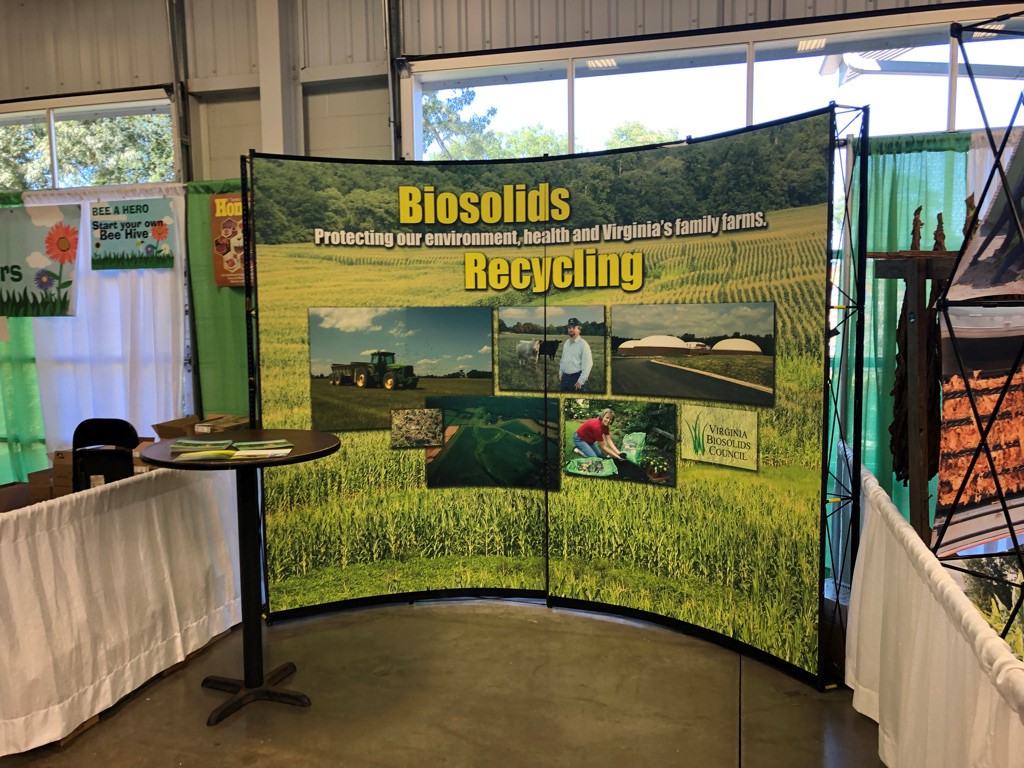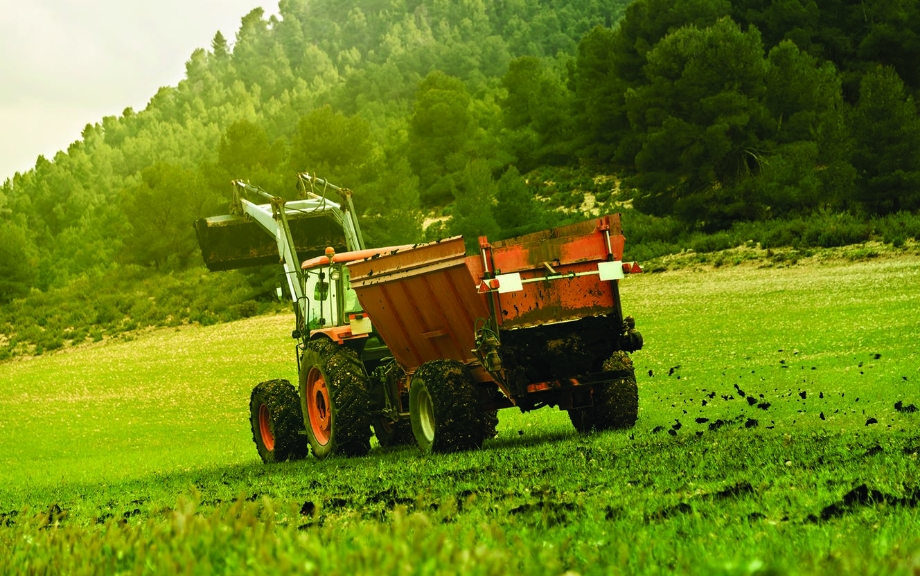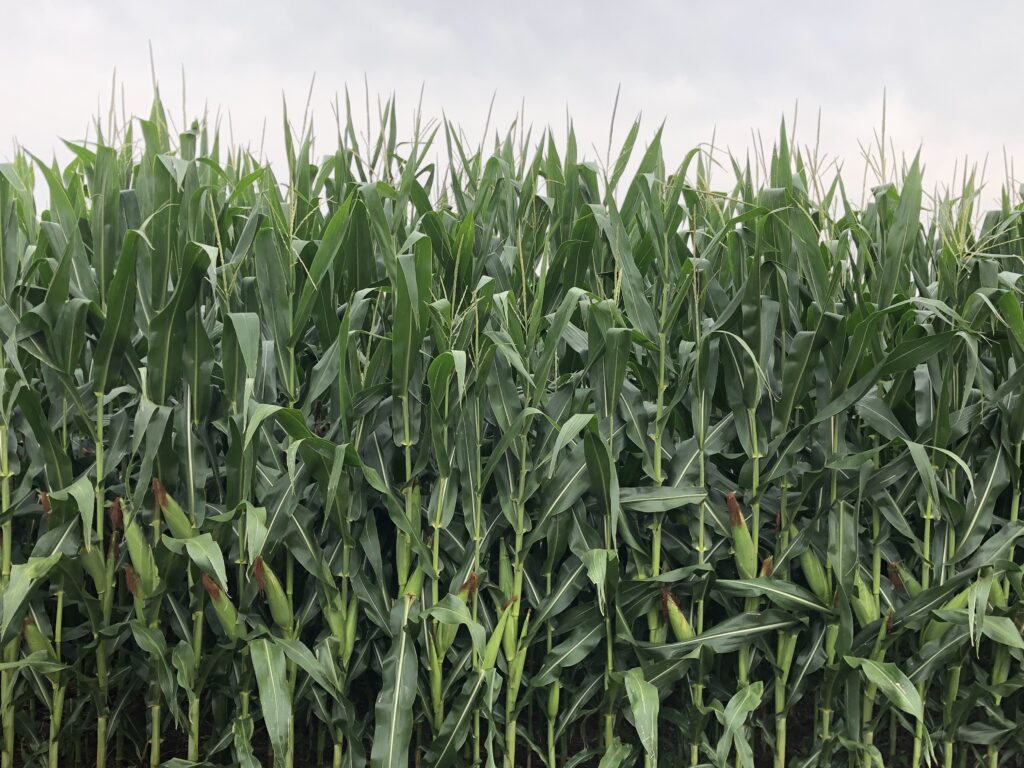Biosolids Enable Shift to Grazing and Feed Crops at Mt. Rush Farm
Located at the geographical center of Virginia is the Ellis’ family farm. For more than a century the family has been raising cattle, hogs, and crops at their home and farm at Mt. Rush. Today, their agriculture operations include about 300 head of purebred angus cattle and farming approximately 200 acres for hay and corn […]
